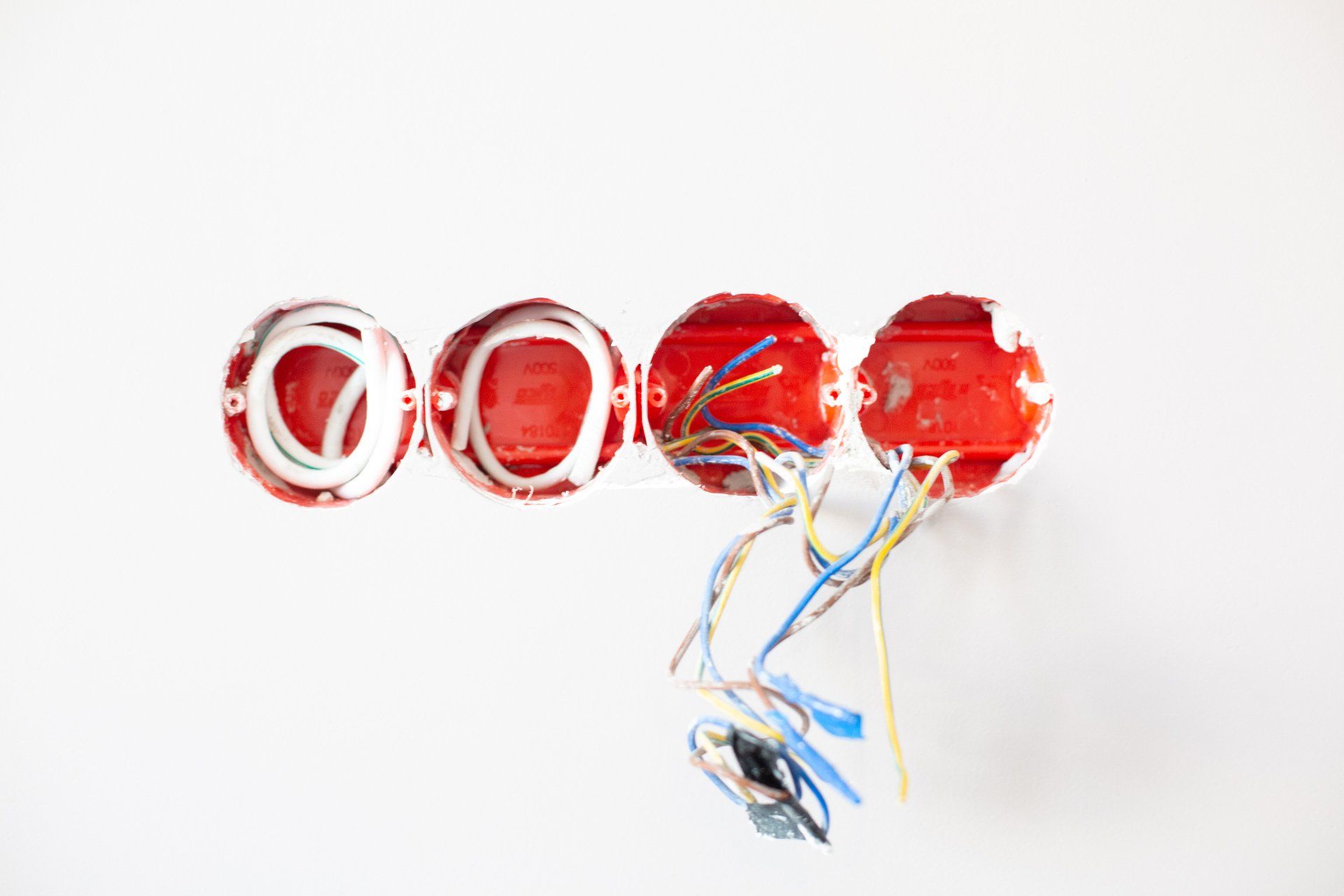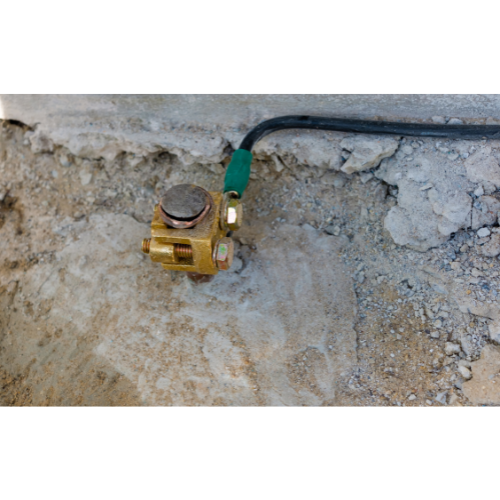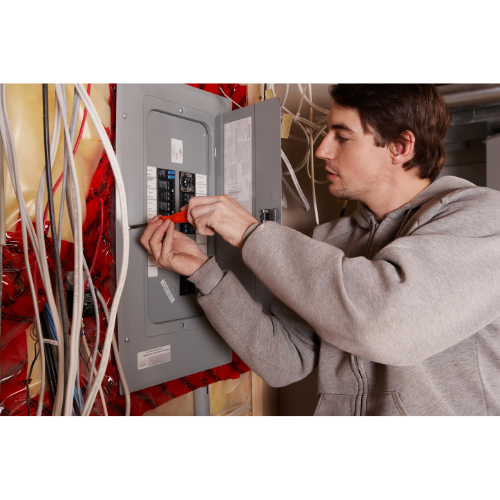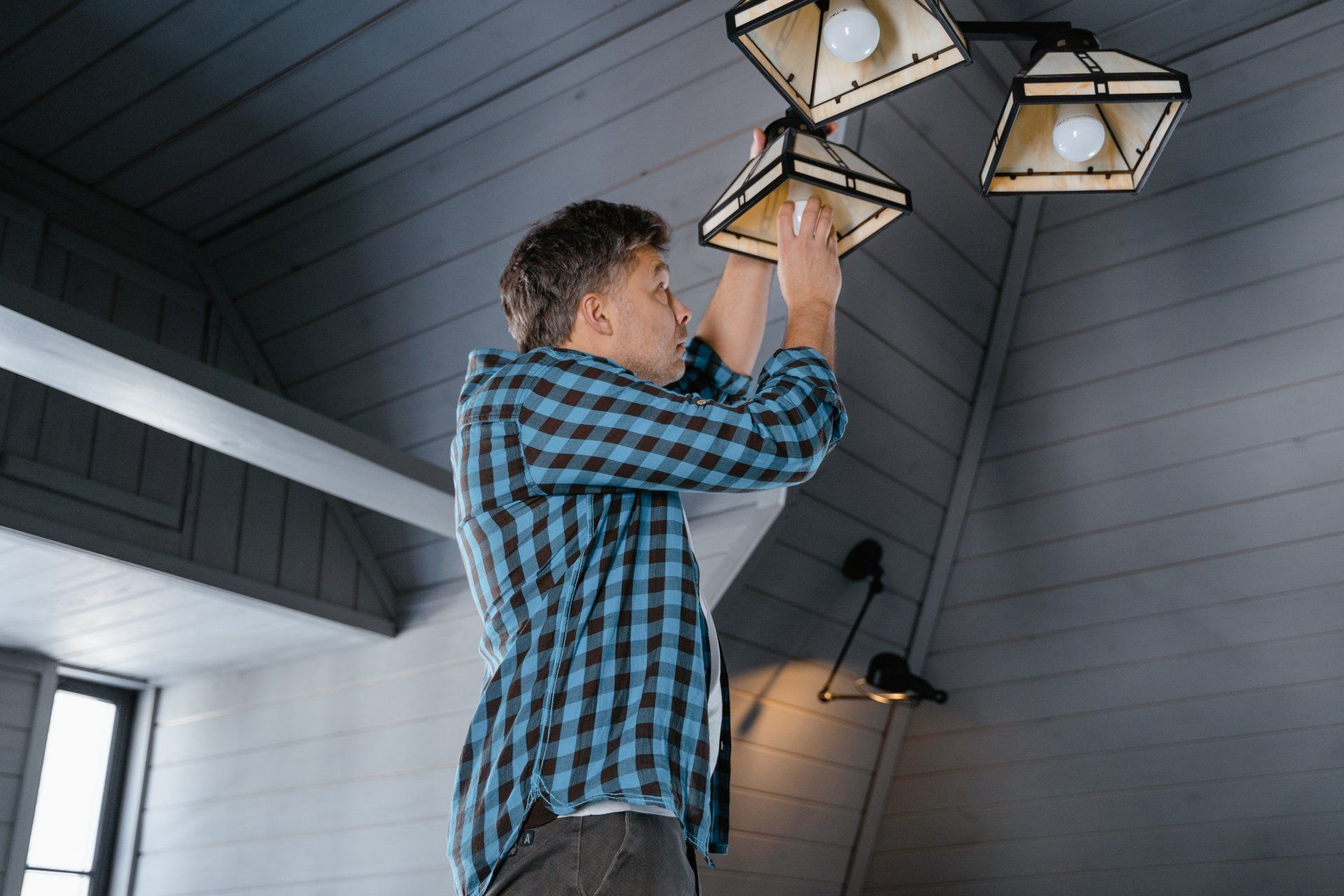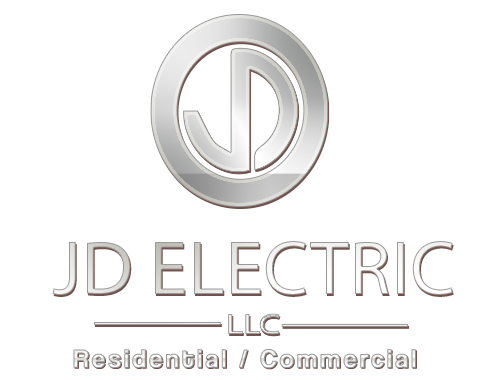Electrical Code Compliance: Ensuring Safety in Residential Wiring

Electrical systems are an integral part of our homes, providing power for lighting, appliances, and other electrical devices. To ensure the safety of residents, electrical installations must adhere to electrical codes and regulations. Electrical code compliance plays a crucial role in preventing electrical hazards, minimizing the risk of fires and electrical accidents, and ensuring the safe operation of residential wiring. In this blog post, we will discuss the importance of electrical code compliance and provide insights into how homeowners can ensure safety by adhering to these codes.
Understanding Electrical Codes:
Electrical codes are a set of regulations and standards established by regulatory authorities to ensure the safe installation, operation, and maintenance of electrical systems. These codes address various aspects, including wiring methods, grounding, circuit protection, electrical panel requirements, and more. Familiarize yourself with the electrical codes applicable to your region to gain a better understanding of the safety requirements.
Hiring a Licensed Electrician:
When it comes to electrical work in your home, it's crucial to hire a licensed and experienced electrician. Licensed electricians have the necessary knowledge and expertise to understand and implement electrical codes correctly. They will ensure that your electrical installations and modifications comply with the applicable codes, reducing the risk of safety hazards and ensuring a safe and reliable electrical system.
Proper Wiring Methods and Practices:
Adhering to proper wiring methods is essential for electrical code compliance. This includes using appropriate wiring materials, maintaining proper wire size and insulation, and following the correct installation techniques. Improper wiring can lead to electrical hazards, such as short circuits, overloads, and electrical fires. Ensure that all wiring work in your home is performed by qualified professionals who understand and follow the approved wiring practices.
Grounding and Bonding:
Proper grounding and bonding are critical for electrical safety. Grounding provides a path for electrical current to safely dissipate in the event of a fault or electrical surge, while bonding ensures the equalization of electrical potential between conductive materials. Adhere to the specific grounding and bonding requirements outlined in the electrical codes to prevent electrical shocks, protect against electrical faults, and maintain the integrity of the electrical system.
Electrical Panel Requirements:
The electrical panel is the central distribution point for electrical power in your home. It is essential to ensure that your electrical panel meets the requirements set forth in the electrical codes. This includes having adequate panel capacity, proper labeling of circuits, appropriate access clearance, and compliance with safety standards for panel installation and maintenance. Regularly inspect your electrical panel to ensure compliance and promptly address any issues or deficiencies.
Safety Devices and Circuit Protection:
Electrical codes mandate the use of safety devices, such as circuit breakers and ground fault circuit interrupters (GFCIs), to protect against electrical hazards. Circuit breakers prevent overloads and short circuits, while GFCIs monitor electrical imbalances and provide rapid shut-off in the event of ground faults. Ensure that your home is equipped with the appropriate safety devices in accordance with the electrical codes to enhance the safety of your electrical system.
Permits and Inspections:
For significant electrical work or modifications in your home, obtaining the necessary permits and scheduling inspections is crucial for electrical code compliance. Permits ensure that the work is performed by licensed professionals, while inspections verify that the installations meet the applicable codes and standards. Working without permits or skipping inspections can result in safety hazards, legal issues, and potential insurance complications.
Regular Maintenance and Updates:
Electrical code compliance is an ongoing process. Regular maintenance and updates are necessary to ensure continued compliance and safety. Regularly inspect your electrical system, address any deficiencies, and keep up with changes in electrical codes and regulations. Periodically consult with licensed electricians to assess the condition of your electrical system, identify potential issues, and implement necessary upgrades or modifications.
Electrical code compliance is paramount for ensuring safety in residential wiring. By understanding electrical codes, hiring licensed electricians, following proper wiring methods, emphasizing grounding and bonding, adhering to electrical panel requirements, using safety devices, obtaining permits and inspections, and conducting regular maintenance, homeowners can create a safe and code-compliant electrical system. Prioritize electrical code compliance to safeguard your home, protect your family, and ensure the reliable operation of your electrical installations.
Call JD Electric for your home project today!



